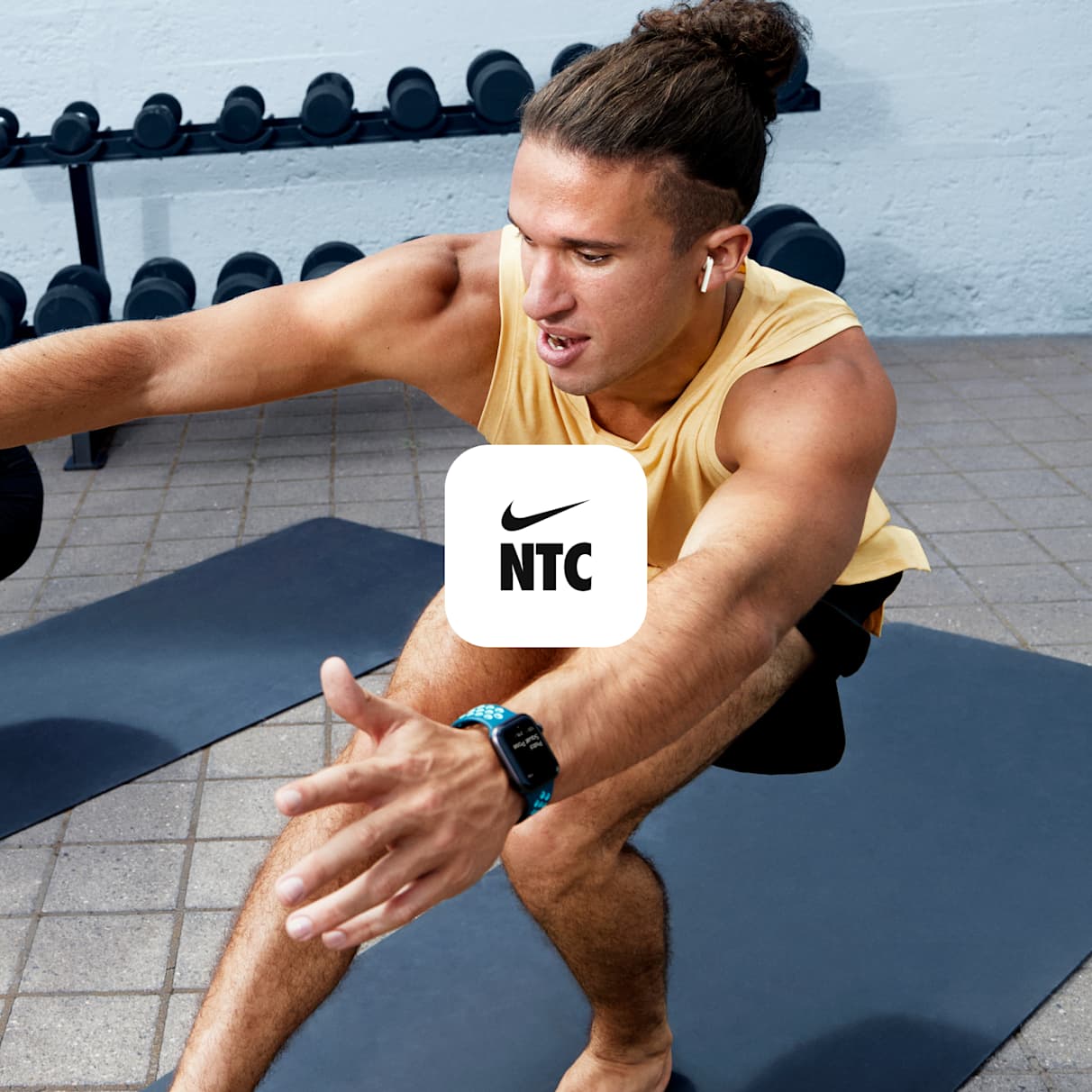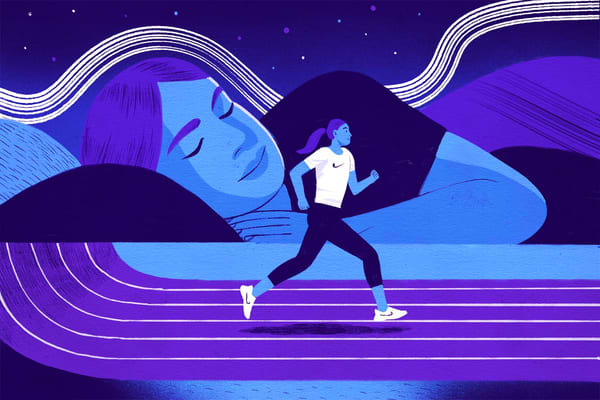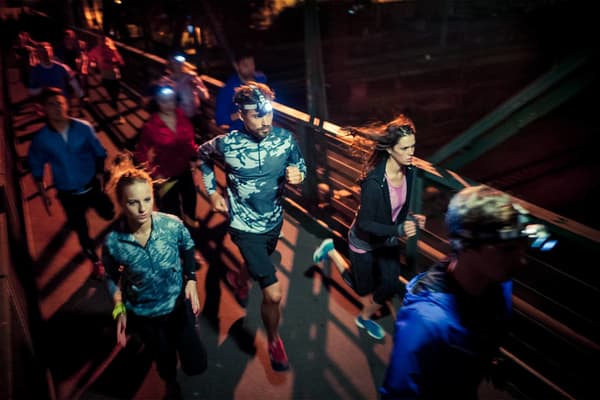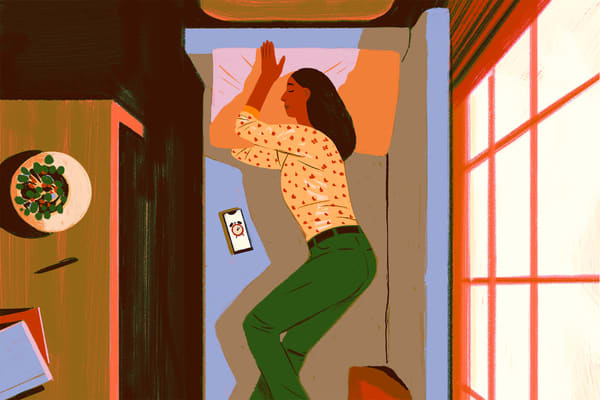How Proper Sleep Hygiene Can Improve Your Athletic Performance
Health & Wellness
All the more reason to catch up on those z's.

Good sleep hygiene, a set of behaviours and environment needed for optimal sleep, is one of the most important recovery methods for athletes. Getting proper sleep boosts your immunity, reduces stress, improves mood, sharpens memory and helps muscles recover and repair, according to the US Department of Health and Human Services. Should you struggle with clocking quality sleep, you may encounter challenges beyond grogginess—and if you're an athlete, you might notice the downsides even more.
Stages of Sleep
To understand how sleep impacts athletic performance, it's important to understand the mechanics of sleep. For a refresher: there are four stages of sleep, otherwise known as the "sleep architecture", said Stacy T. Sims, MSC, PhD, an exercise physiologist and nutrition scientist. They are light sleep, which is characterised by Non-REM Sleep 1 and Non-REM Sleep 2, Slow-Wave Sleep and REM Sleep. On a typical night, you will cycle through all of these sleep stages four or five times. Here is a breakdown of each:
Light Sleep: Non-REM Sleep 1 and Non-REM Sleep 2
What's Happening: the Non-REM Sleep 1 stage is where you start to doze off. Your body hasn't quite relaxed yet but your brain activity and eye movements start slowing down. Ever get the sense that you're falling right as you're about to doze off? Or felt muscle jerks or twitches that might even jolt you awake for a moment? Those are all completely normal disturbances that occur during this sleep stage. It's part of your body winding down as it progresses to the next sleep stage.
In the Non-REM Sleep 2 stage, your heart and breathing rate lower, your muscles relax even more and your body temperature decreases—all of which leads to your brain slowing down, further priming the body to fall into a deep sleep.
How It Affects Athletic Performance: not much happens during these first two sleep stages but they could give you an indicator of whether or not you're sleep-deprived, which can impact your athletic performance. It should take you between five and 20 minutes to fall asleep. That said, every person is different. It could take you shorter or longer to doze off and that may not mean you're sleep-deprived. But if it's taking you forever to fall asleep and you're noticing symptoms of sleep deprivation, such as drowsiness, memory problems and reduced physical strength, it might be worth contacting a health professional to figure out what's going on.
Slow-Wave Sleep
What's Happening: otherwise known as "deep sleep", SWS is where your breathing rate and pulse decrease, your muscles relax even further and your eyes stop moving completely—all of which allows your body to further wind down. High-quality SWS is what allows you to feel refreshed and well rested in the morning. Without it, you're likely to feel groggy and disoriented.
How It Affects Athletic Performance: SWS is where your body goes into repair mode. Tissue repair, growth and cell regeneration all occur during this sleep stage, Sims said. You also get an immune system boost, she added. In this stage of sleep, your body also releases human growth hormone, which not only repairs muscles but also helps build them, said Shelby Harris, PsyD, DBSM, director of the Behavioural Sleep Medicine Programme at the Sleep-Wake Disorders Center at Montefiore Medical Center.
REM Sleep
What's Happening: REM sleep is completely different from the other stages of sleep. It's where your brain activity is almost as active as it would be if you were awake. Your breathing becomes fast and irregular, your heart rate and blood pressure increase and your eyes start moving rapidly from side to side, according to the National Institute of Health. This is also where most of your dreaming occurs.
How It Affects Athletic Performance: in REM sleep, memories, cognition and skills are consolidated, Sims said. Studies show that even small changes in REM sleep duration can impact performance in elite athletes.
(Related: Are You Getting Enough Sleep?)
Why Sleep Is So Important
Sleep deprivation acutely reduces glycogen stores in the body, Sims said. Glycogen is a form of glucose (sugar), one of the primary sources of energy for your body. Studies have shown that the restoration of glycogen stores is essential to muscle repair, which can help enhance endurance performance in athletes.
But without adequate high-quality sleep, these stores get depleted, causing fatigue that affects the central nervous system, which may lead you to feel shaky, jittery and tired. This in turn reduces muscle strength, reaction times, balance, coordination and even motivation and mood, Sims said. All of those functions are essential to athletic performance.
How to Practise Proper Sleep Hygiene
When it comes to developing good sleep habits, consistency is key. While it varies from person to person, the majority of people need seven to nine hours of sleep, Harris said. To ensure you're clocking in those hours—and getting quality sleep—Sims and Harris recommended doing the following:
1.Create a Bedtime Routine.

Keep the same bedtime and wake time as often as possible to help your body know when to fall asleep and naturally awaken, Harris said. Start dimming the lights, shutting down electronics and keeping screens to a minimum 30 minutes to an hour before bed. If you need help winding down, grab a book instead, Sims said. Research suggests that reading before bed can improve sleep quality and possibly even help you sleep longer.
2.Keep Your Bedroom Cool.

When a room is too warm, it's harder for your body to cool down, Sims said. Studies have found that the thermal environment, or the temperature of the room you're sleeping in, is one of the most important factors to help you achieve quality sleep. While the best bedroom temperature may vary from person to person, aim to set your thermostat to around 18 degrees because it supports your circadian rhythm, Sims said. If you don't have air conditioning, use a fan to help with airflow, opt for light sheets and clothing or take a cool shower before bed.
3.Go Dark.

"You want your bedroom to be like a cool, dark cave", Sims said. "Cover charger lights. Dim clock faces. Flip your phone face down. Hang some blackout curtains. If there's no way to completely dim the ambient light, try a sleep mask", she said. Light—blue light in particular—can really mess with your melatonin levels and throw off your circadian rhythm, which will make it harder to fall asleep.
4.Take a Hot Bath or Shower.

"Steamy water relaxes your mind and body—and when you get out of the water, your body quickly expels heat, causing your core temperature to drop, signalling to your brain that it's time for sleep", Sims said. A meta-analysis published in 2019 found that taking a hot bath an hour or two before bedtime improved sleep onset by 10 minutes and enhanced sleep quality.
5.Cue the Quiet.

While most of us can sleep through a little bit of noise, things such as road, rail or air traffic noise can significantly impact sleep quality. Simple solutions include earplugs or try a white noise machine, Sims said.
Words by Faith Brar





